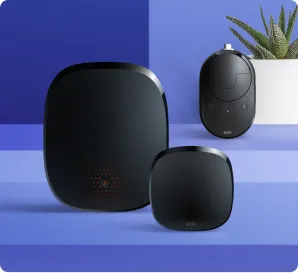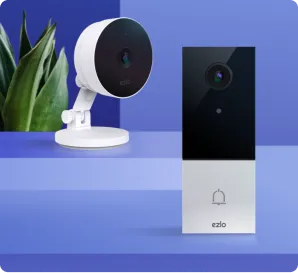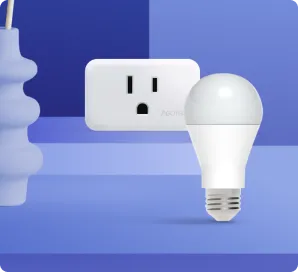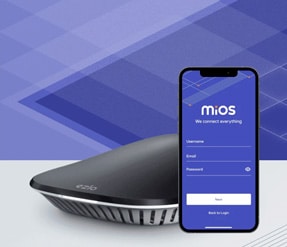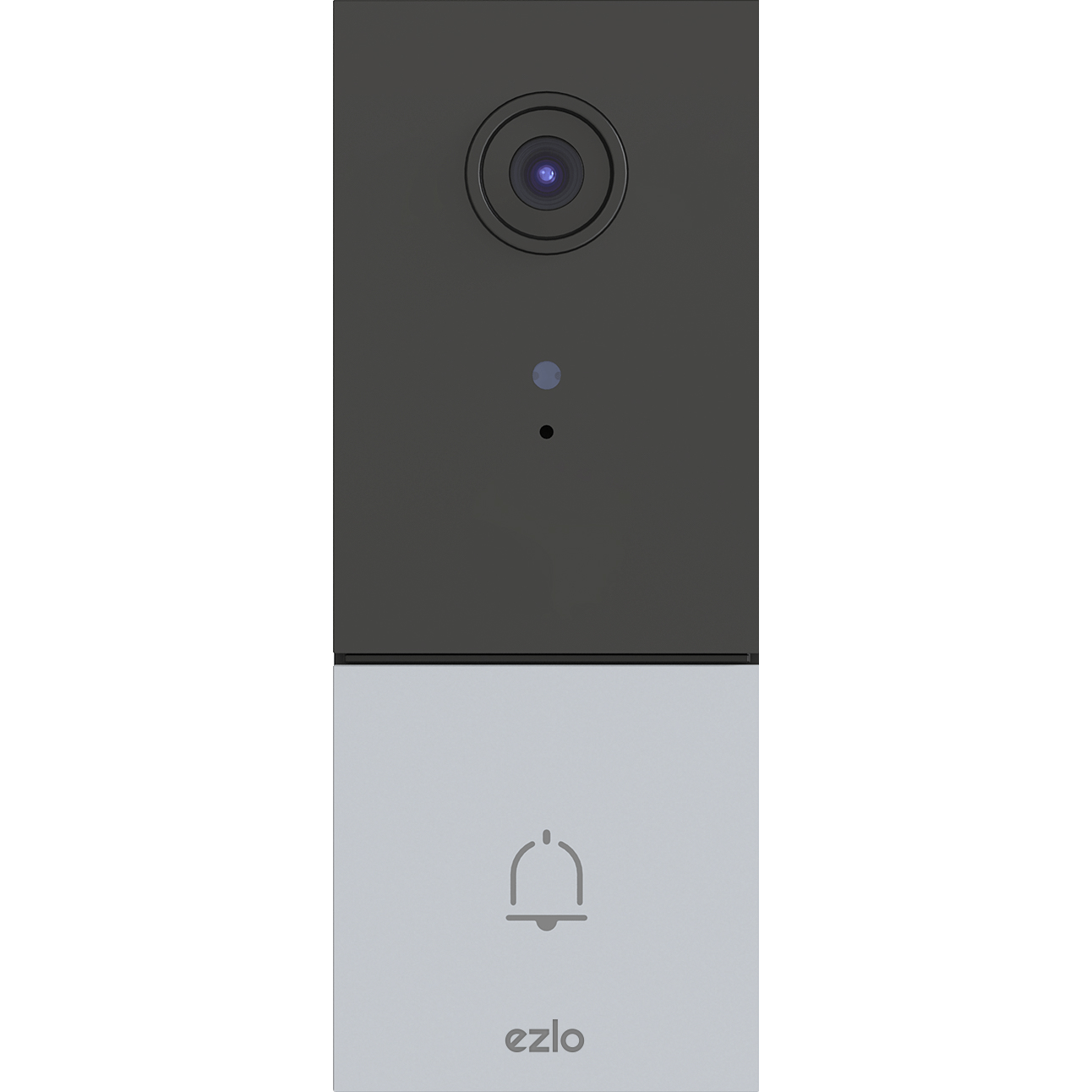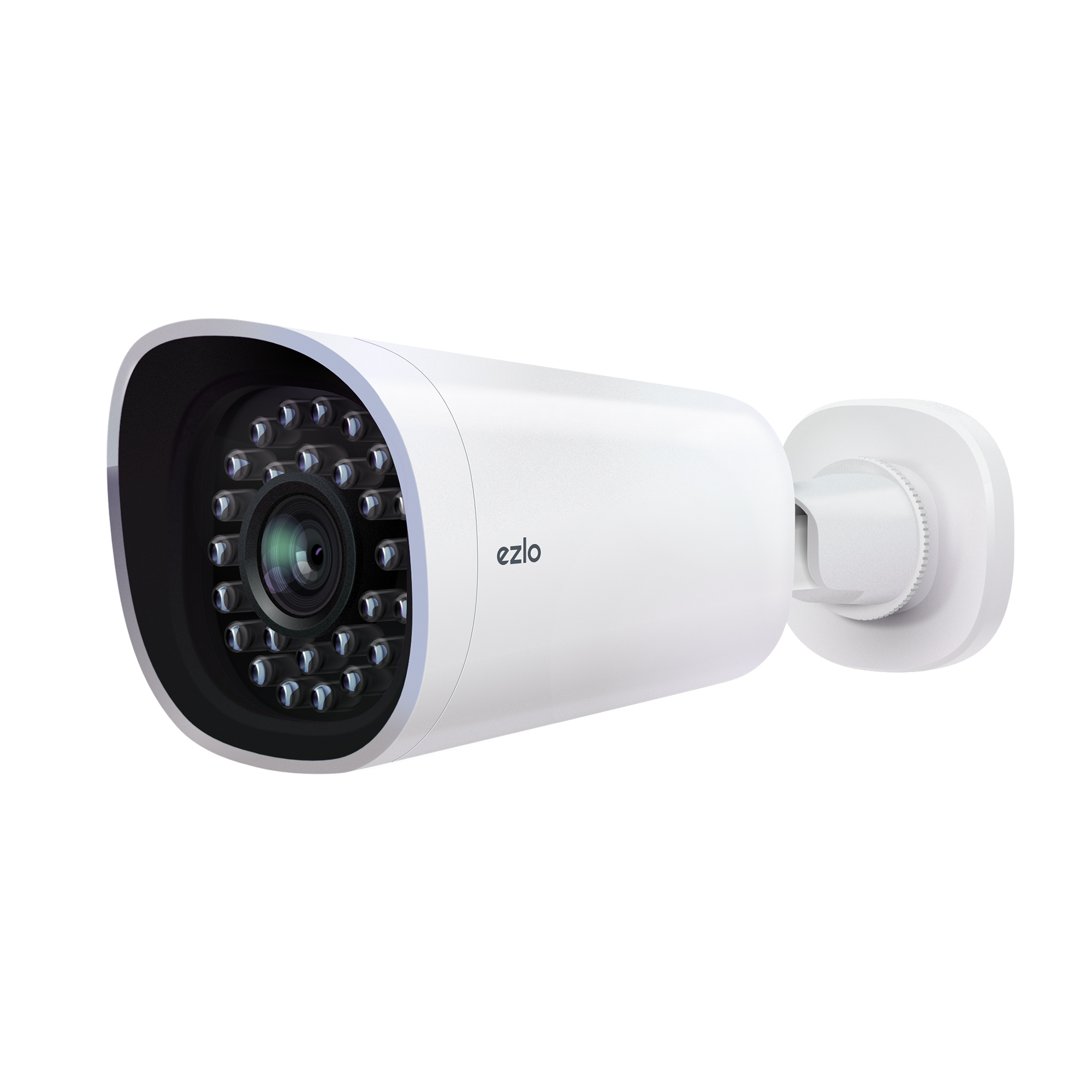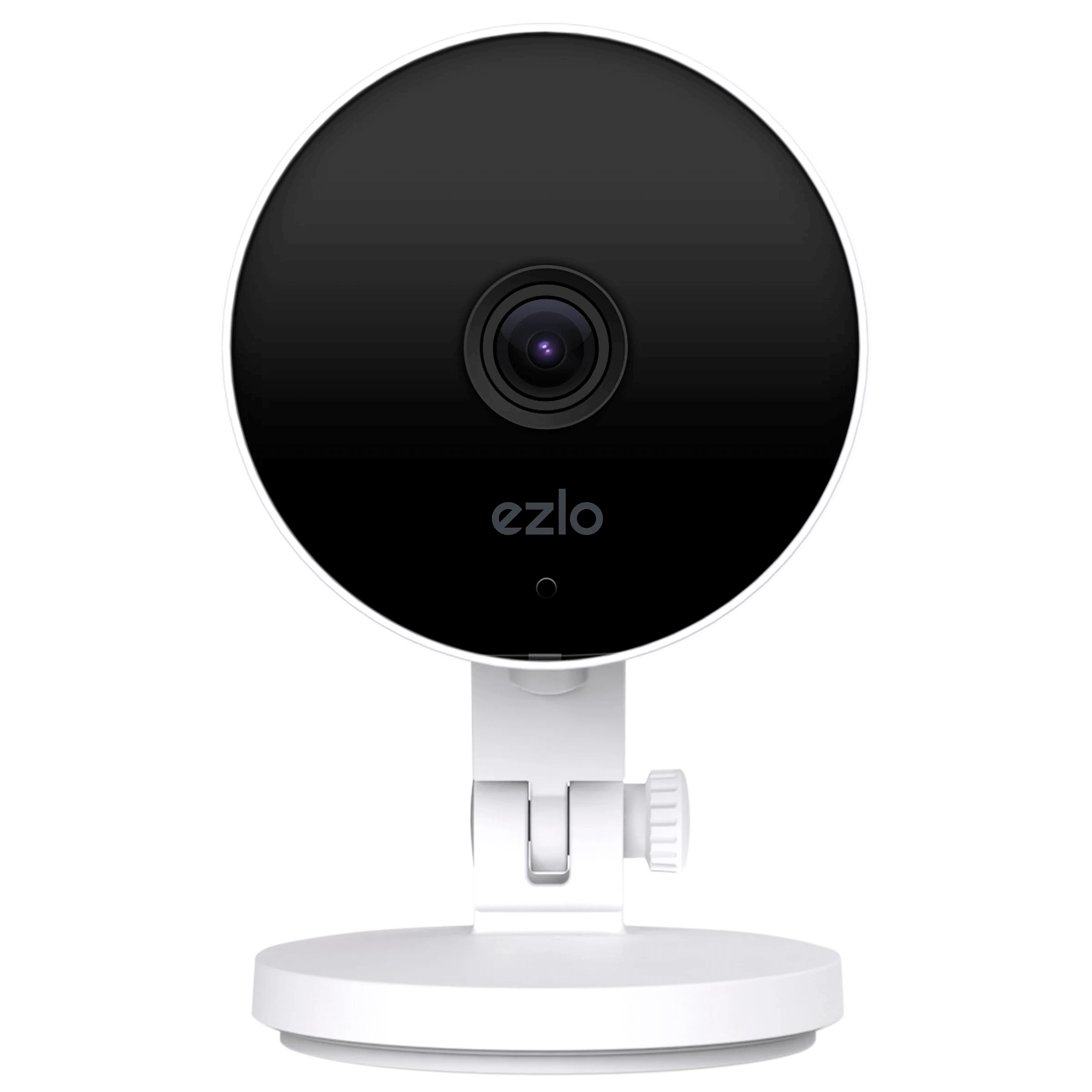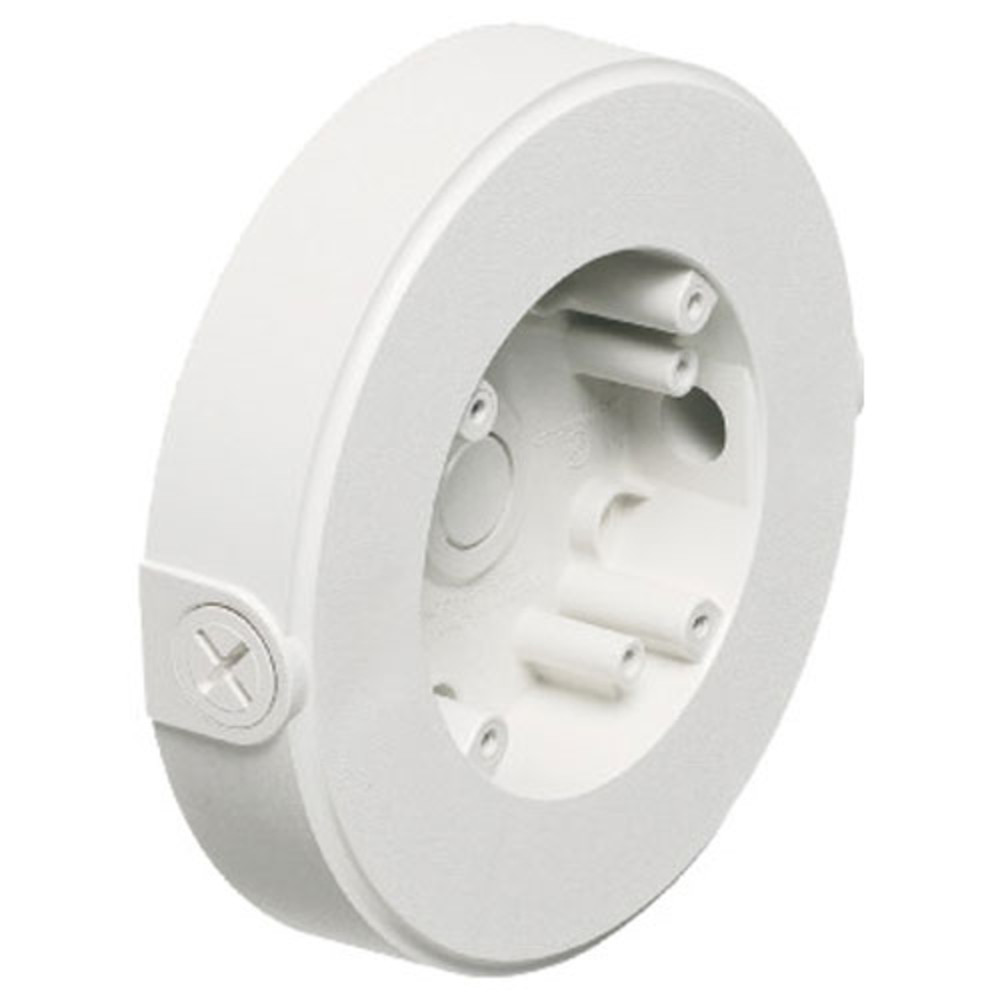Security Camera Technology and advancement are a blessing and have bettered many lives. However, not everyone uses technology for the right reasons. Every day, new or latest threats arise, and committed crimes endanger many innocent lives. It is even more due to technological advancements.
To curb this, many public institutions opt to use advanced surveillance cameras to monitor and look out for suspicious activity, help fight crime and keep the general public safe.
What Are CCTV Surveillance Cameras?
CCTV Surveillance cameras are most commonly used in public setups. It has more advanced features than regular security cameras, which makes it well-equipped to handle all surveillance activities.
While public security cameras aim at deterring criminals and criminal activity, surveillance seeks to track and detect specific persons who are suspects of various crimes. It means that their training is widespread, and the scope of monitoring and analyzing is far more advanced than those of security cameras.
They work on an IP network. This network links the cameras from the remote location to transfer the video to specific or assigned security areas.
Uses Of Public Surveillance Cameras
- Video Analysis
- Automatically Read License Plates
- Fighting Crime
- Data Sharing
1. Video Analysis
There are many different types with varying features and uses. However, the data collected can essentially monitor and track down individuals. Features such as facial recognition are crucial when it comes to analytics. Most videos can zoom in to show the faces more clearly when crimes are committed. It helps the authorities capture criminals a lot faster.
2. Automatically Read License Plates
Another unique feature is that some are specially designed to capture license plate numbers. This information can be crucial when tracking down suspects.
3. Fighting Crime
At the heart of surveillance is crime-fighting. It points to diminishing violations committed, but it too looks for to track down culprits of wrongdoing and bring them to justice. Since the cameras screen events or occasions in real-time, they can moreover be supportive when it comes to sparing lives.
4. Data Sharing
They often transmit data over the internet. It allows for remote access and monitoring. It also means that data can be shared easily, allowing easy problem-solving.
Why Use CCTV Surveillance Cameras?
Generally, public institutions have the privilege of using supervision cameras for surveillance purposes. There are few cases where public members have granted permission to own and use them, but these are sporadic cases.
In case a general public member would like to install a surveillance camera, they would need to seek special permission, providing good reasons to be permitted or permitted to install them on their private premises.
There are several reasons why there are many restrictions surrounding surveillance cameras. Some of them include;
- Abuse – Cameras used for surveillance have unique and advanced abilities. If they fall into the wrong hands, they can cause serious harm. Users may choose to spy on specific individuals to stalk or blackmail them or ultimately commit a crime.
- Cost – A surveillance camera doesn’t work freely, i.e. it is a portion of a collective security framework. This framework comes with a few contraptions, such as a control board, which are not cheap. Repairs of these cameras are moreover very exorbitant. This taking a toll doesn’t make it a reasonable choice for the tremendous lion’s share of the open members.
- Complexity – There are CCTV systems that users can install on their own, but this isn’t the case with cameras used for surveillance. These are complex devices that require technical skills to operate effectively and comprehensively. Another reason they are not so popular with the general public. Using it may require learning which many may not want to go through.
- Purpose – These types of cameras can curb insecurity, and their purpose goes beyond that. They have unique tracking and monitoring abilities that help fight crime, often outside the general public’s jurisdiction. When public members use these cameras, they may underuse them and fail to utilize their full potential.
Wrapping Up
Cameras used in advanced CCTV surveillance systems have many valuable benefits, including; fighting crime, effective data sharing, facial recognition, license plate capturing, and much more. They generally help keep the public safe and also help the police to solve cases and even prevent future events. Though many are against using these cameras for surveillance, they have many practical benefits that justify their service and cost.

